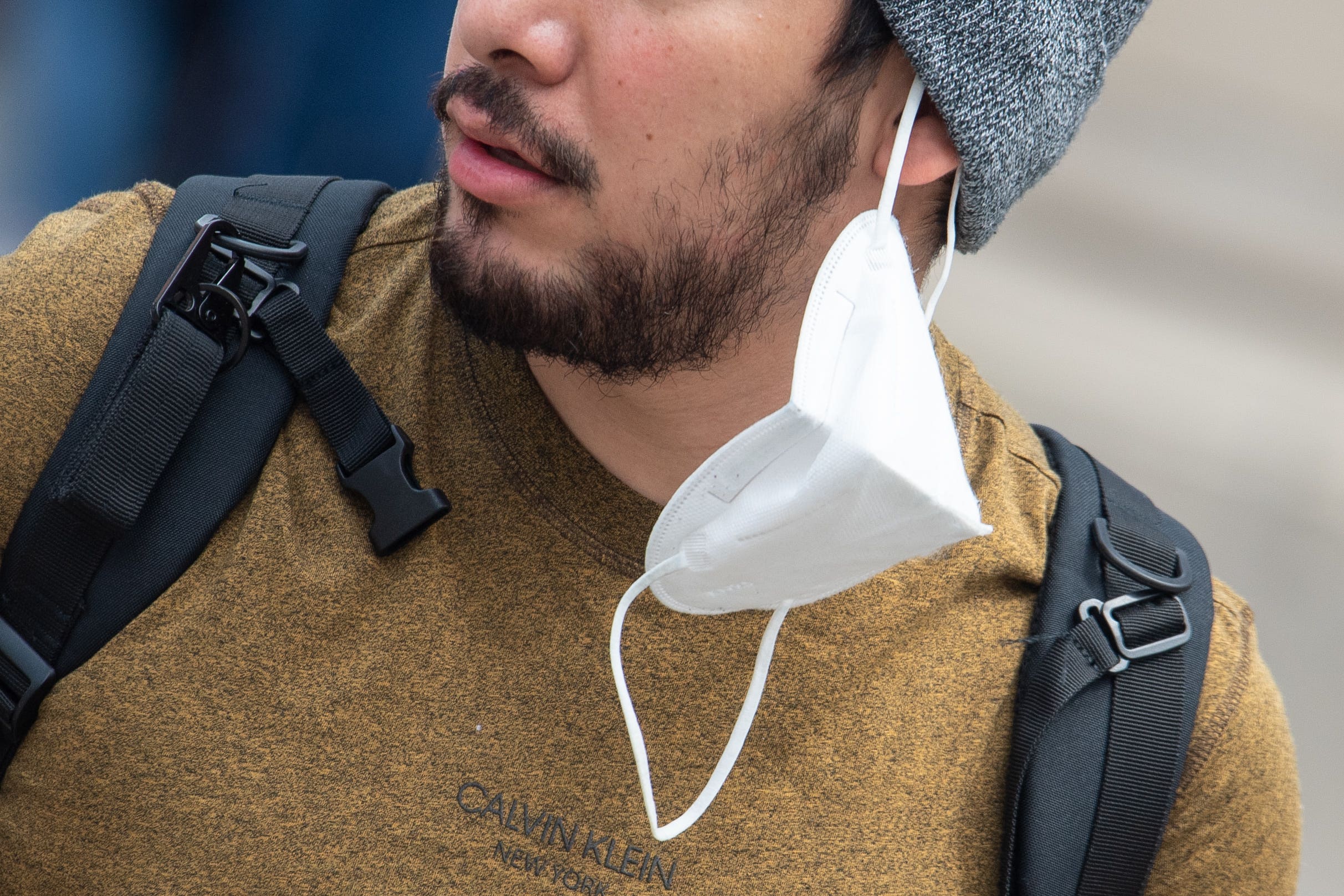Air cleaning systems will not stop people getting ill, study finds
Researchers pooled data from 32 global studies published between 1970 and 2022.

Expensive devices that claim to clean the air indoors will not stop you from getting sick, researchers have said.
The study, led by the University of East Anglia (UEA), found technologies such as air filtration systems, germicidal lights and ionisers are not effective in real world settings.
The devices claim to work by removing unwanted particles to improve indoor air quality.
They were put forward as a way of stopping the spread of Covid-19 and making indoor mixing safer when the pandemic started in 2020.
In short, we found no strong evidence that air treatment technologies are likely to protect people in real world settings
Researchers looked at observational and experimental studies published around the world from 1970 to 2022, searching for data on infection and symptom outcomes for people who spent a minimum of 20 hours a week in shared indoor spaces using the technologies.
They said pooled statistics from 32 studies “suggested no net benefits of air treatment technologies for symptom severity or symptom presence, in absence of confirmed infection”.
Dr Julii Brainard, of UEA’s Norwich Medical School, added: “The kinds of technologies that we considered included filtration, germicidal lights, ionisers and any other way of safely removing viruses or deactivating them in breathable air.
“In short, we found no strong evidence that air treatment technologies are likely to protect people in real world settings.”
During the pandemic in August 2021, reports stated that schools would take place in trials to assess how air purifiers and ultraviolet light mitigate the transmission of coronavirus and other respiratory diseases in schools.
In January 2022, the Government announced a further 7,000 units would be given to schools in a bid to keep teaching face-to-face as the pandemic neared its second year.
Professor Paul Hunter, of UEA’s Norwich Medical School, said: “When the Covid pandemic hit, many large companies and governments – including the NHS, the British military, and New York City and regional German governments – investigated installing this type of technology in a bid to reduce airborne virus particles in buildings and small spaces.
“But air treatment technologies can be expensive. So it’s reasonable to weigh up the benefits against costs, and to understand the current capabilities of such technologies.”
There was some weak evidence that the air treatment methods reduced likelihood of infection, but this evidence seems biased and imbalanced
Dr Brainard added: “There is a lot of existing evidence that environmental and surface contamination can be reduced by several air treatment strategies, especially germicidal lights and high efficiency particulate air filtration (HEPA).
“But the combined evidence was that these technologies don’t stop or reduce illness.
“There was some weak evidence that the air treatment methods reduced likelihood of infection, but this evidence seems biased and imbalanced.
“We strongly suspect that there were some relevant studies with very minor or no effect but these were never published.”
She said that while her team’s findings are “disappointing” it is “vital that public health decision makers have a full picture”.
“Hopefully those studies that have been done during Covid will be published soon and we can make a more informed judgement about what the value of air treatment may have been during the pandemic,” Dr Brainard said.
The study was funded by the National Institute for Health Research Health Protection Unit in Emergency Preparedness and Response, led by Kings College London and UEA in collaboration with the UK Health Security Agency.
Dr Shaun Fitzgerald, director at the Centre for Climate Repair at the University of Cambridge, said: “Although laboratory studies can be used to determine the effectiveness in reducing concentrations of particles in a given room, there are many other factors which need to be considered if we are ultimately interested in the potential impact on the likelihood of getting ill.
“There can be transmission routes beyond aerosols such as via surfaces or droplets emitted by an infector falling directly on to someone else. And study design is fraught with difficulties in the real world, especially so during emergency pandemics.”
Subscribe to Independent Premium to bookmark this article
Want to bookmark your favourite articles and stories to read or reference later? Start your Independent Premium subscription today.
